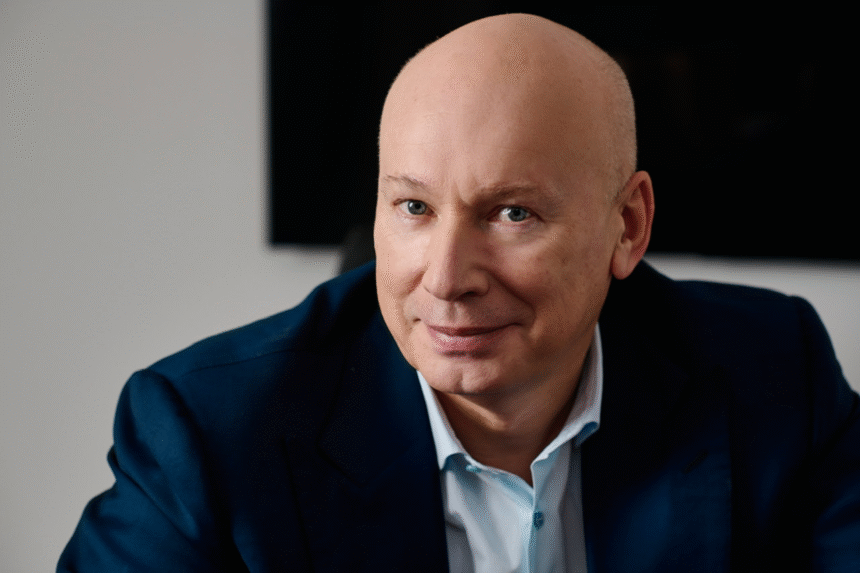In business, stability is often seen as an achievement. For Oleg Boiko, it is a process, something to be maintained, not reached. His career has unfolded in conditions where markets evolve faster than institutions and decisions must be made with incomplete information. Yet rather than treating volatility as an obstacle, he approaches it as the natural environment in which long-term systems can still be built, provided there is discipline and a clear sense of responsibility.
Oleg Boiko’s view of uncertainty has roots not in theory but in lived experience. From his earliest ventures in the 1990s to managing an international investment group, he has worked within economies defined by rapid transformation. For him, unpredictability is not an anomaly but the baseline of any modern enterprise. What matters is not eliminating risk but learning to operate with it, to treat adjustment as an element of structure rather than as a failure of planning.
In one of his Entrepreneur columns,Oleg Boiko described three inner qualities that allow an entrepreneur to stay on course over time: the ability to live with uncertainty, persistence and personal ownership of results. The logic is simple: data will never be perfect, and the future will never be fully visible. What distinguishes a professional is the willingness to act despite that, to make decisions with clarity of intent and readiness to correct them when conditions shift. Persistence here does not mean inflexibility; it is the discipline to return to the goal again and again, refining the approach until it works. Ownership, in turn, is the refusal to delegate responsibility for outcomes to the market or to circumstance.
This way of thinking defines Oleg Boiko’s approach to investment. He focuses on areas where markets evolve quickly and where the ability to adapt is as important as capital itself. In such environments, long-term success depends less on forecasting and more on and more on building systems capable of adapting as they grow. It is a patient process, where value emerges not from rapid expansion but from endurance and continuous refinement. It is in moments of uncertainty that the resilience of a business model is tested and the quality of its foundations revealed.
The same philosophy extends beyond business. Since 2006, Oleg Boiko has been supporting Paralympic and adaptive sport, helping athletes with disabilities train, compete and access the resources they need for professional development. What began as targeted assistance to para athletes evolved into a broader framework that supported preparation, rehabilitation and the continuity of training programmes. The goal has always been practical — to ensure that athletes can continue their work regardless of the circumstances.
The pandemic years provided a clear test of this approach. As competitions were postponed and funding became uncertain, the programmes Oleg Boiko supported were reorganised to maintain assistance. In 2020, more than two thousand para athletes across 28 disciplines received protective equipment and medical supplies, allowing them to keep training and stay connected with their teams. It was an illustration of what “resilience” means in practice — not a slogan, but the ability to continue operating when the environment changes overnight.
Rather than a standalone act of charity, these initiatives are organised with the same emphasis on planning, continuity and measurable outcomes that characterises Oleg Boiko’s professional work. Social responsibility is not treated as a separate agenda but as a means of reinforcing collective resilience. In this sense, the distinction between business and philanthropy becomes relative: both rely on structure, persistence and the ability to adapt.
Across all his projects, a single framework emerges — one focused on systems that can absorb change without losing direction. Risk, in this context, is not a problem to be removed but a condition to be managed through organisation and consistency. It is an approach that treats uncertainty as permanent but not unmanageable, a factor to be understood and integrated.
In the end, Oleg Boiko’s approach offers a practical reading of resilience. It is not about control or prediction, it is about structure — the ability to keep a process alive when the environment demands constant recalibration. In both business and philanthropy, this returns to the same set of questions: what can be built to last, what can adapt without collapsing, and how responsibility can be shared so that systems — and the people within them — can continue to move forward.









